Covid: Use common sense on overseas travel, says Shapps
- Published
- comments
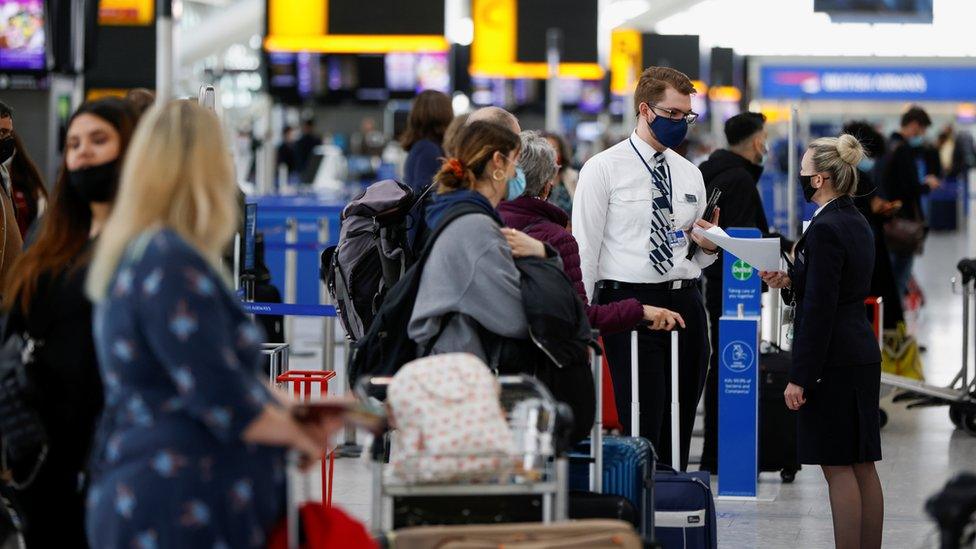
Travellers should use "common sense" when considering overseas trips, the transport secretary has said, as he defended the UK's traffic light system.
Grant Shapps said people should only go to countries on the "amber" list in "exceptional circumstances", amid concern over the Indian Covid variant.
The boss of airline EasyJet said people were "confused" by the system.
Ministers say they can carry out 10,000 checks a day in England to ensure travellers self-isolate where needed.
Asked on BBC Breakfast whether it was responsible to go on holiday to an amber country, Mr Shapps said: "The guidance is not to. We've said you should only go to amber countries in exceptional circumstances."
He said England was "moving towards unlock", having passed the third stage of its roadmap out of coronavirus restrictions, and was "starting to shift responsibility back to individuals".
"We're not forcing people to travel right now", he said, adding that anyone in airports will already have taken Covid tests.
Asked about photographs of passengers queuing at Heathrow Airport, Mr Shapps said he wanted to see people separated "as much as is practically possible" and the government had asked whether unused terminals could be brought into play.
The airport would respond "at the beginning of next month", he said.
Labour's shadow international trade secretary Emily Thornberry called for the traffic light system to be paused and travel restrictions to be "much stricter".
She told Sky News that passengers from green, amber and red countries were spending "four hours cheek by jowl in presumably some great petri dish, potentially bringing in Lord knows what into our country".
The Home Office said it had the capacity to carry out 10,000 home visits a day to ensure those arriving from amber list countries self-isolate for 10 days - more than double the number of daily quarantine checks officials have made over the past week.
Passengers who break the quarantine rules risk being fined up to £10,000., external
EasyJet chief executive Johan Lundgren told BBC Radio 4's Today programme the government was "almost dismantling" its own system by discouraging travel to amber list countries.
He added that the UK risked falling behind other European countries if it did not employ a "data based" approach to opening up travel, and move some countries from the amber list to the green list.
Some 2,967 cases of the Indian variant have now been identified in the UK, Health Secretary Matt Hancock said on Wednesday - up from about 2,300 on Monday.
Surge testing and jabs will be expanded to six new areas of concern in England to combat its spread.
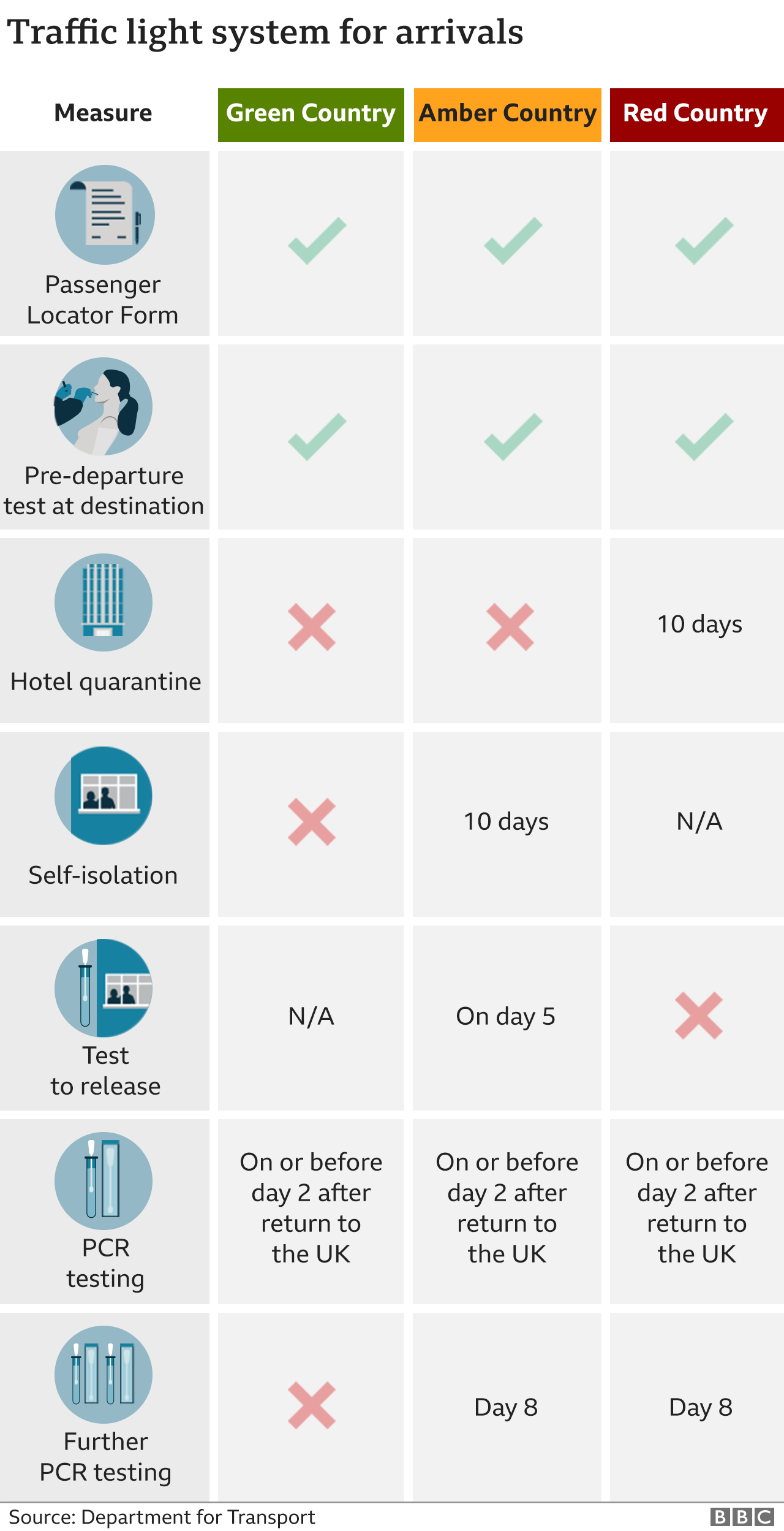
A report seen by the BBC says failures in England's test-and-trace system are partly responsible for a surge in the Indian variant in Blackburn with Darwen, Lancashire - one of the worst affected parts of the country.
For three weeks in April and May, the council was one of eight local authorities that did not have access to the full data on positive tests in their area, it says. It had the highest number of missing cases.
Prof Andrew Hayward, a member of the government's Scientific Advisory Group for Emergencies (Sage), told BBC Breakfast that people should "minimise travel abroad" and the Indian variant passes on more easily from person to person than the one first discovered in Kent.
Asked whether the UK was at the start of a third wave, he said: "I think so. I think what we can see is that this strain can circulate very effectively."
"I don't really see why it wouldn't continue to spread in other parts of the country," he said.
"Obviously we're doing everything we can to contain the spread of that, but it's likely that more generalised measures may start to be needed to control it."
He added that the size of a third wave would depend on how transmissible the variant proves to be and how many people have been vaccinated.
Nearly 37 million people in the UK - around 70% of the adult population - have received their first dose, according to the government's coronavirus dashboard., external
More than 20.8 million - around 40% - have had a second dose.
The Duke of Cambridge, 38, said in a tweet that he received his first dose on Tuesday, and thanked those working on the vaccine rollout.
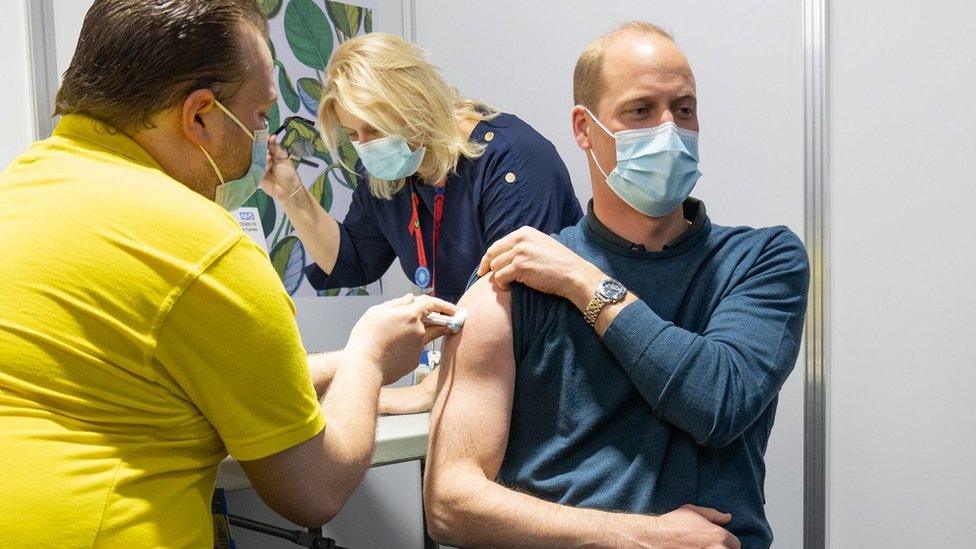
People aged 34 and over in England are now able to book their Covid-19 jab, Health Secretary Matt Hancock has said., external Over-30s are eligible in Scotland., external
Northern Ireland has started offering the vaccination to anyone aged over 25.
And in Wales, all over-18s in Cardiff and the Vale of Glamorgan will have been offered the chance to have their first Covid vaccine by the end of May.

POSTCODE LOOK-UP: What are the rules where you live?
LOCKDOWN LIFE: Seven enduring claims fact-checked
SUPPORT BUBBLES: What are they and who can be in yours?
FACE MASKS: When do I need to wear one?
TESTING: What tests are available?


BRAND NEW DRAMA: Five friends are bound together by a fragile pact of silence...
MEDICINE AND LIFE EXPECTANCY: How the smallpox vaccine changed our world

Related topics
- Published20 May 2021
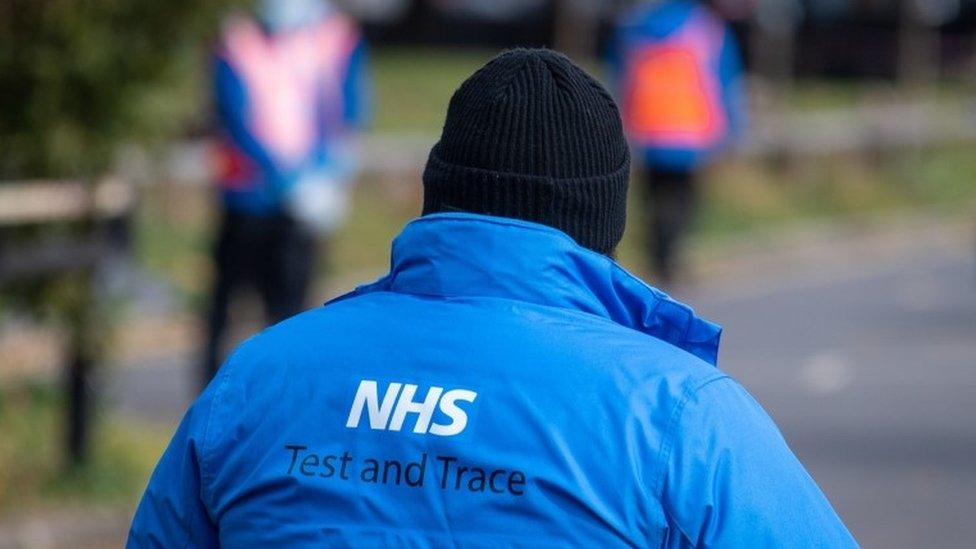
- Published20 May 2021
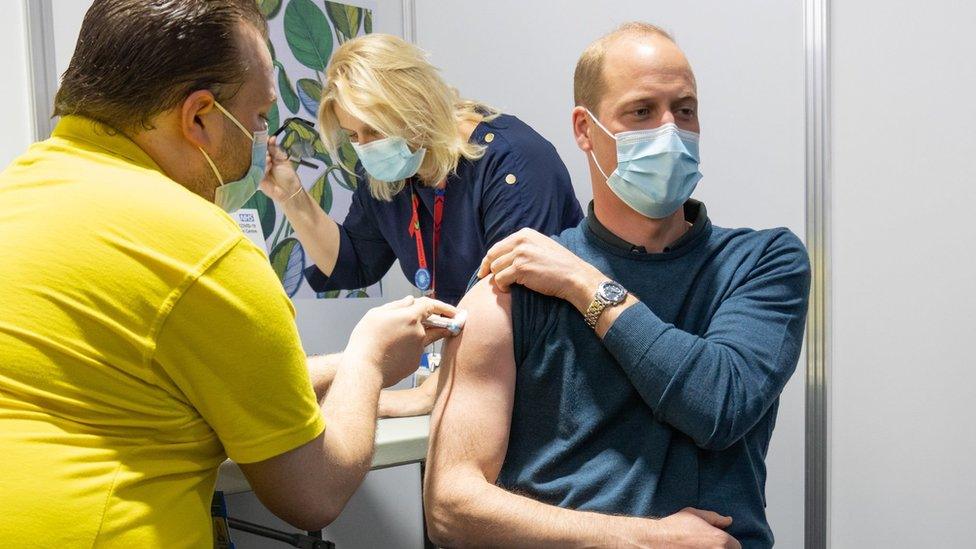
- Published20 May 2021
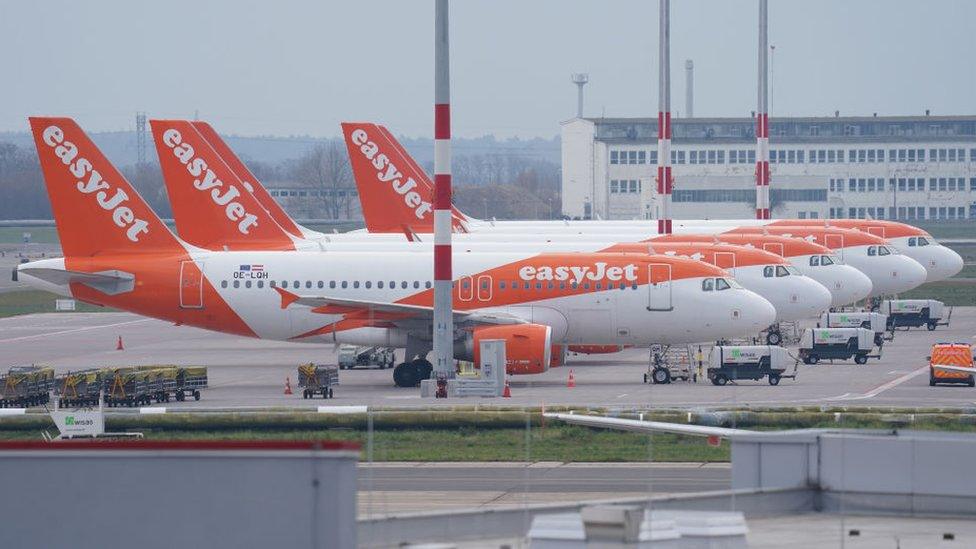
- Published5 July 2022
